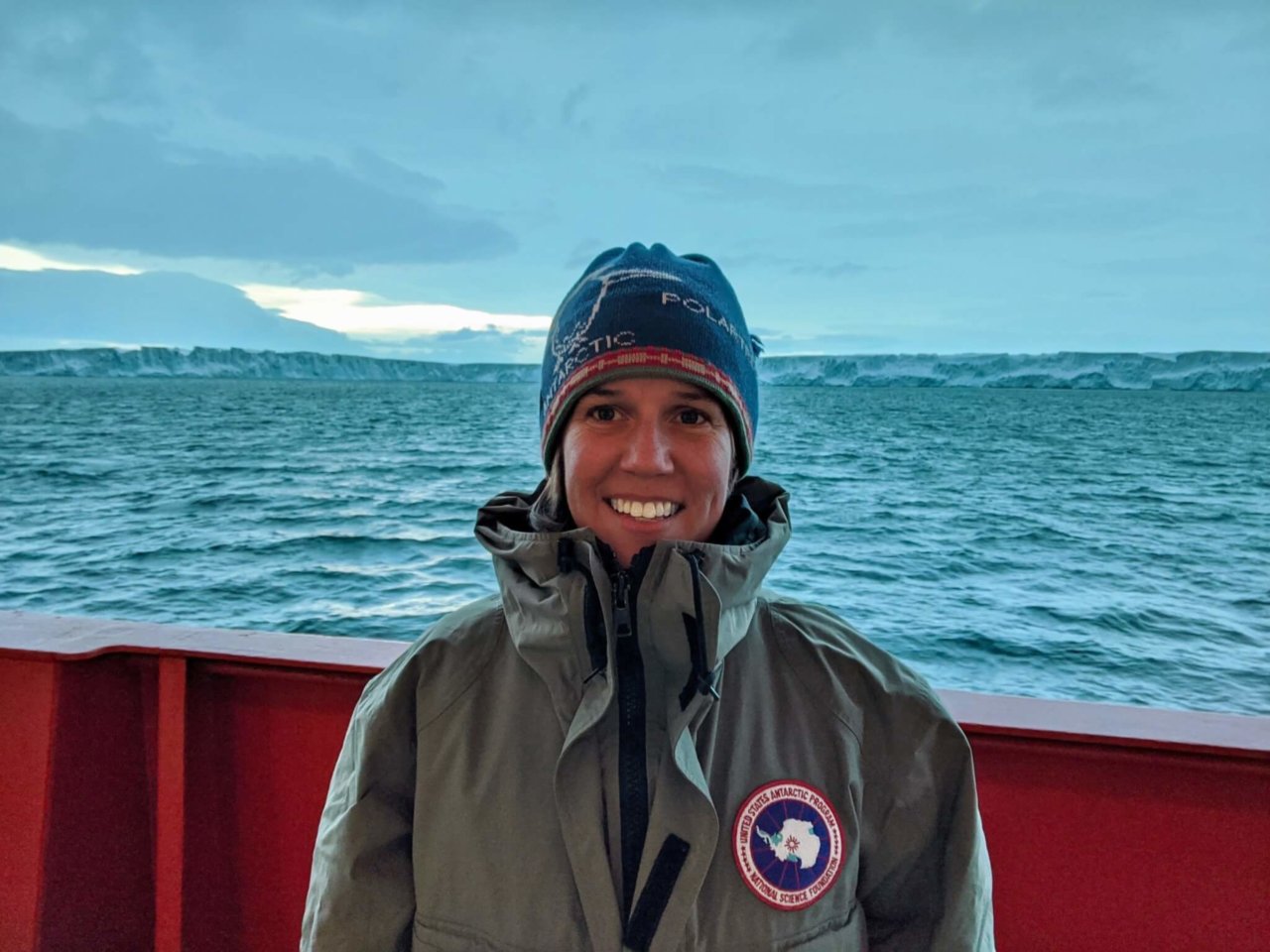Sarah’s Big Idea:
Sarah’s students designed a long-term project to evaluate how temperatures vary across and within local neighborhoods. Students used that information to identify ways to make communities more resilient during times of extreme heat, and to identify land use and land cover characteristics that make communities more resilient in the face of extreme heat events. Students were challenged to design an investigation that reveals how various surfaces warm up differently in the sun, to use data to identify neighborhoods at risk, to evaluate the effectiveness of various mitigation strategies, and to share newly acquired knowledge with community residents and decision-makers.
Students used satellite imagery to evaluate the Land Surface Temperature (LST) and vegetation cover around their school and compared it to other schools in Brooklyn. They collected local LST data using infrared thermometers, tracked soil moisture changes with homemade Arduino data loggers, and tracked and analyzed air temperature variation in their personal environment over the course of a day. Students evaluated the effectiveness of various LST mitigation efforts in their schoolyard through an iterative design process and by exploring existing green infrastructure installations. They used the results of their investigations to propose strategies that yield the greatest benefit in terms of LST and improve community resilience to extreme heat events.
Fun Facts:
Sarah has been involved in several research projects and is currently part of NASA’s Climate Change Research Initiative, the Department of Energy’s Climate Leadership Team and Citizen Science Research Program. She has also conducted summer research on the genetics of wolves, mapped the plant community in the desert of Baja California, and participated in a two-month expedition onboard an NSF icebreaker to the Amundsen Sea off the southwest coast of Antarctica.

